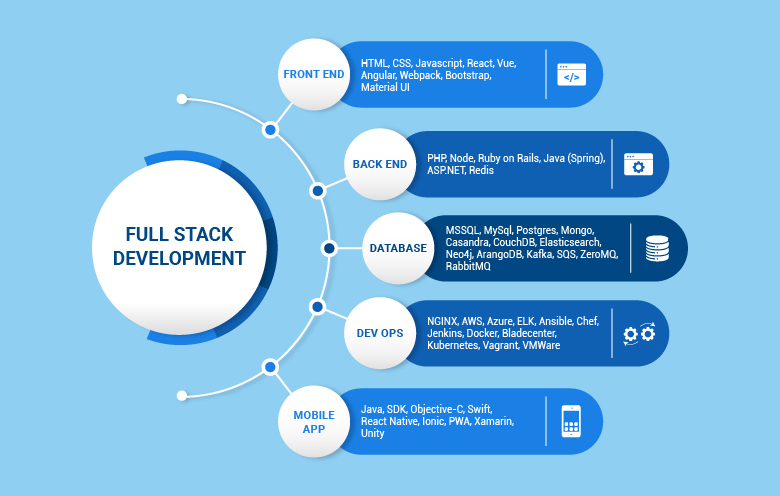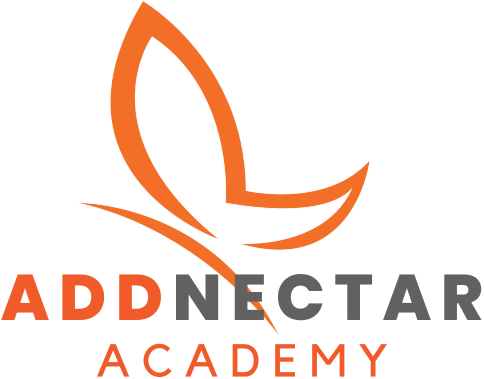
Course Content
• Overview of front-end and back-end development
• Understanding the client-server architecture
• Setting up development environment for full stack development
• HTML, CSS, and JavaScript fundamentals (review)
• Advanced CSS techniques (Flexbox, Grid)
• Responsive web design principles
• Introduction to front-end frameworks (e.g., React, Angular, Vue.js)
• Building single-page applications (SPA) with React
• State management in front-end frameworks
• Server-side programming with Node.js or Python (Flask/Django)
• Handling HTTP requests and responses
• Implementing RESTful APIs
• Introduction to databases: SQL vs. NoSQL
• Working with relational databases (e.g., MySQL, PostgreSQL)
• Object-Relational Mapping (ORM) with Sequelize or SQLAlchemy
• Implementing user authentication and authorization mechanisms
• Using third-party authentication services (OAuth, JWT)
• Securing APIs and endpoints
• Handling asynchronous tasks and operations
• Using asynchronous programming techniques (callbacks, promises, async/await)
• Managing concurrency and parallelism
• Writing unit tests and integration tests for both front-end and back-end code
• Debugging techniques and tools
• Test-driven development (TDD) approach
• Deploying web applications to cloud platforms (e.g., AWS, Heroku)
• Configuring server environments and managing deployments
• Continuous Integration and Continuous Deployment (CI/CD) pipelines
• Optimizing front-end and back-end code for speed and scalability
• Caching strategies and techniques
• Monitoring and profiling web applications
• Building a full-stack web application from scratch
• Incorporating all concepts learned throughout the course
• Presenting and showcasing the final project to peers and instructors
• Practical Projects and Assignments
• Participants will work on hands-on projects and assignments throughout the course to apply their learning and build a portfolio of full-stack development projects. Projects may include building SPA with React and Node.js, implementing RESTful APIs with authentication, and deploying full-stack web applications to production environments.
• Access to online learning materials, tutorials, and resources
• Support from instructors and teaching assistants via online forums or office hours
• Career guidance and job placement assistance
• Basic understanding of web development concepts (HTML, CSS, JavaScript)
• Some programming experience (e.g., JavaScript, Python) is beneficial but not required
• Upon successful completion of the course and final project, participants will receive a certificate of completion in Full Stack Web Development.
Course Duration
- 6 Months (24 Weeks)
Key Features
- Access Anywhere
- Interactive Sessions
- Course Materials
- Global Connectivity
- Seamless Experience
